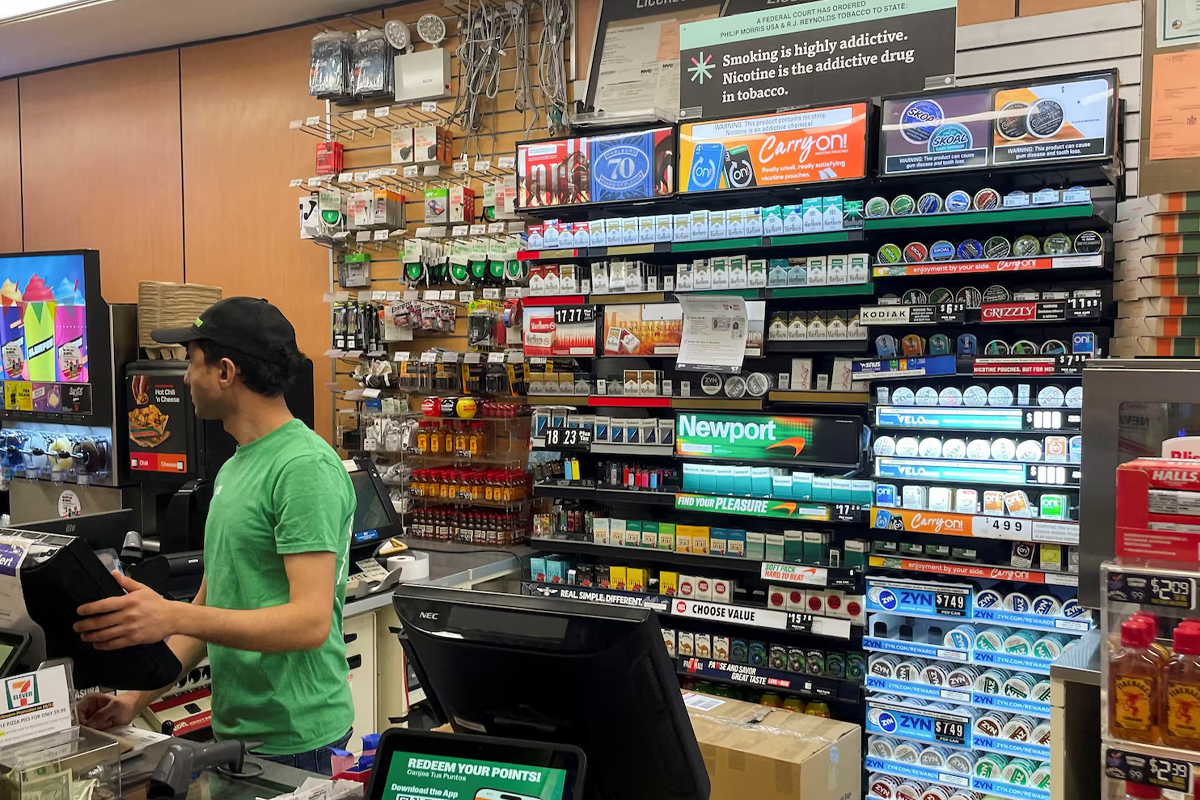North Carolina’s House Bill 900, which became effective in May 2024, represents a significant regulatory shift in the state’s approach to vaping products. The law aims to curb youth vaping by banning certain flavored vape products and vape juices not approved by the FDA, with vape shops given a 60-day grace period to clear their inventory. While the intent is to increase safety and reduce underage access, the policy has sparked mixed reactions, particularly from small business owners who fear the economic impact on their livelihoods.
Opinion: A Balanced Approach Is Needed, Not a Blanket Ban
As a senior reviewer with Vape Observation, I have closely followed vaping legislation across the U.S., and I believe that House Bill 900, though well-intentioned, lacks the nuance necessary to effectively address the issue of youth vaping without disproportionately affecting small businesses and adult consumers.
The key issue with House Bill 900 is its broad and somewhat arbitrary definition of “flavored” vape products. It targets only unregulated items, but the distinction is not always clear. For example, the law allows FDA-regulated products like Juul and Vuse, which are menthol or tobacco-flavored, but bans many popular, non-tobacco-flavored vapes. This creates confusion, as consumers may not understand the difference between regulated and non-regulated products, and small businesses might struggle to comply with the new rules without a clear, accessible database to reference.
Moreover, the 60-day grace period is too short for many vape shops to safely liquidate their inventory, especially if they carry a large stock of banned products. This has led to fears of financial instability for small business owners, like Cheyenne Dietrich of 20-20 Tobacco and Vape, who expressed concerns over job security. It’s essential to recognize that vape shops are not just retail stores—they are often small, family-run businesses that form part of the local economy.
The law also introduces unannounced compliance checks, which may be a necessary measure for enforcement, but it raises concerns about how such checks will be conducted fairly and transparently. If not managed carefully, these inspections could lead to unjust penalties for businesses that are attempting to comply.
Why This Matters: Youth Vaping and Adult Consumer Rights
The state’s primary goal—preventing youth access to vaping—is undeniably important. The CDC and the FDA have long warned about the dangers of nicotine addiction among adolescents, and the rise in flavored vape products has contributed to the trend. However, the current policy may not be the most effective way to combat this issue.
A more effective approach would focus on education, stricter age verification, and improved public awareness, rather than a sweeping ban that disproportionately impacts adult consumers who use vaping as a harm-reduction tool. For many adults, vaping is a safer alternative to smoking, and banning flavored products without a viable replacement could push them back to traditional tobacco products.
Potential Solutions: A More Holistic Policy Framework
- Enhanced Education and Prevention Programs: Invest in school-based and community-driven initiatives that educate teens about the risks of vaping and promote healthy alternatives.
- Clearer Regulatory Guidance: Provide vape shops with an updated, accessible resource—like the Vapor Certification Directory—so they can easily identify what is and is not allowed.
- Extended Compliance Periods: Give businesses more time to adjust, especially if they rely heavily on the products being banned.
- Support for Small Businesses: Offer financial assistance or tax incentives to help vape shops transition to FDA-regulated products or diversify their inventory.
Conclusion:
While I appreciate North Carolina’s efforts to protect youth from the dangers of vaping, I believe that House Bill 900 is an example of a policy that is too blunt in its approach. By not fully considering the impact on small businesses and adult consumers, the law risks causing more harm than good. A more balanced and transparent policy—one that focuses on education, regulation, and support—will be essential in addressing the complex issue of youth vaping without undermining the rights and livelihoods of adult users.







